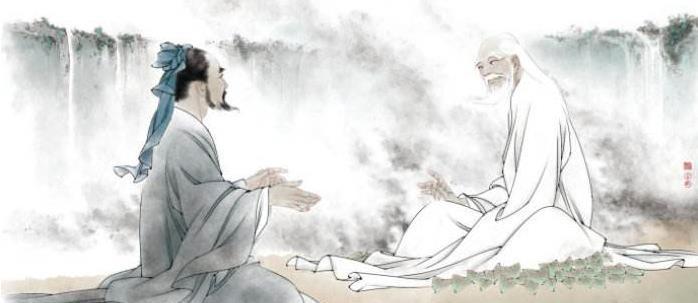
Traditional culture has a long history, after thousands of years of history in China has become the embodiment of the profound wisdom in the lives of the people, and the colloquialism, as the most popular branch of folk culture, is also the crystallization of wisdom that people have summarized by word of mouth from generation to generation. It not only reflects the diversity of folk life, but also reflects the simple experience of the ancients, coupled with its unique popular characteristics, which are the same as smooth mouths but full of deep meaning that make people unforgettable, and therefore have been passed down in the folk for a long time. These sayings seem careless, but in fact, they contain a high summary of life by ordinary people, and even in today's increasingly rich life, there is still something worth learning. For example, this sentence "Fat water does not flow into the fields of outsiders" is well-known, but the second half of the sentence is also classic but often ignored, and both sayings reflect the important principles of the ancients.
The colloquialisms in the title fully embody the popular and simple characteristics of folk culture, combining the people's experience of farming with the handling of people in life, which seems to be irrigating farmland but thought-provoking. The literal translation of the so-called "fertile water does not flow to outsiders' fields" is that when there is fertilizer and water, we must first think of our own fields, and cannot give it to others. The reason why it can be widely spread in the folk is because the ancients worked in agriculture for a living, and the growth of crops is the foundation of family survival, and fertilizer and water are the foundation of crop harvests. Folk often say that "a crop is a flower, all rely on fertilizer to be the home", in ancient times, there was no factory to produce fertilizer, and most of the fertilizer was human and animal manure, and it was precious because of its scarcity. The ancients often carried baskets along the way to pick up the manure of cattle and horses for the crops, which shows that the value of fertilizer water in the hearts of ancient people is extraordinary. Since it has a decisive role in the crops, it is natural to first satisfy the irrigation of their own fields, which is easy to make people inevitably burden the crops and suffer their families.
Although the fertilizer water is excrement, but in the hearts of the people, it is of extraordinary value, the ancients used this metaphor to compare the immediate benefits can not be arbitrarily given to outsiders, seemingly selfish but also said the cruel reality of the shortage of resources in the ancient countryside. Although resource sharing is advocated today, when it comes to real interests, such initiatives are naturally useless, which is the law of survival in nature. Therefore, even today, when scientific and technological civilization has been civilized, this saying is still understandable. It not only reflects the inconvenient human nature of thousands of years, but also profoundly reveals the general situation of uneven distribution of social resources.
The second half of this proverb is also classic to say that "near the water tower platform first get the moon", although the difference in order makes people sound relatively comfortable, but what it emphasizes is still about the universal contradiction between human nature and fairness. The literal translation is that the platform near the water's edge will first see the moonlight, and the ancients thought of the social situation that can preempt the benefits and conveniences by getting close to some people or things. Such a situation is also beyond reproach in ancient and modern times, and the principle of good shade under the tree remains unchanged, whether for officials or businessmen. But in ancient times, such a phenomenon was a bitter people, and they had to work in agriculture all their lives, and only their children and grandchildren had a chance to get close to the water.
In general, although the two sayings were produced in ancient times and passed down to the people, they also have their own meanings, but it is also an indisputable fact that the times are developing rapidly and human nature is still the same. Therefore, the two sayings are still a true portrayal of the current situation of society today, when can we share the fat water, and when can everyone get the moon is still worth pondering.